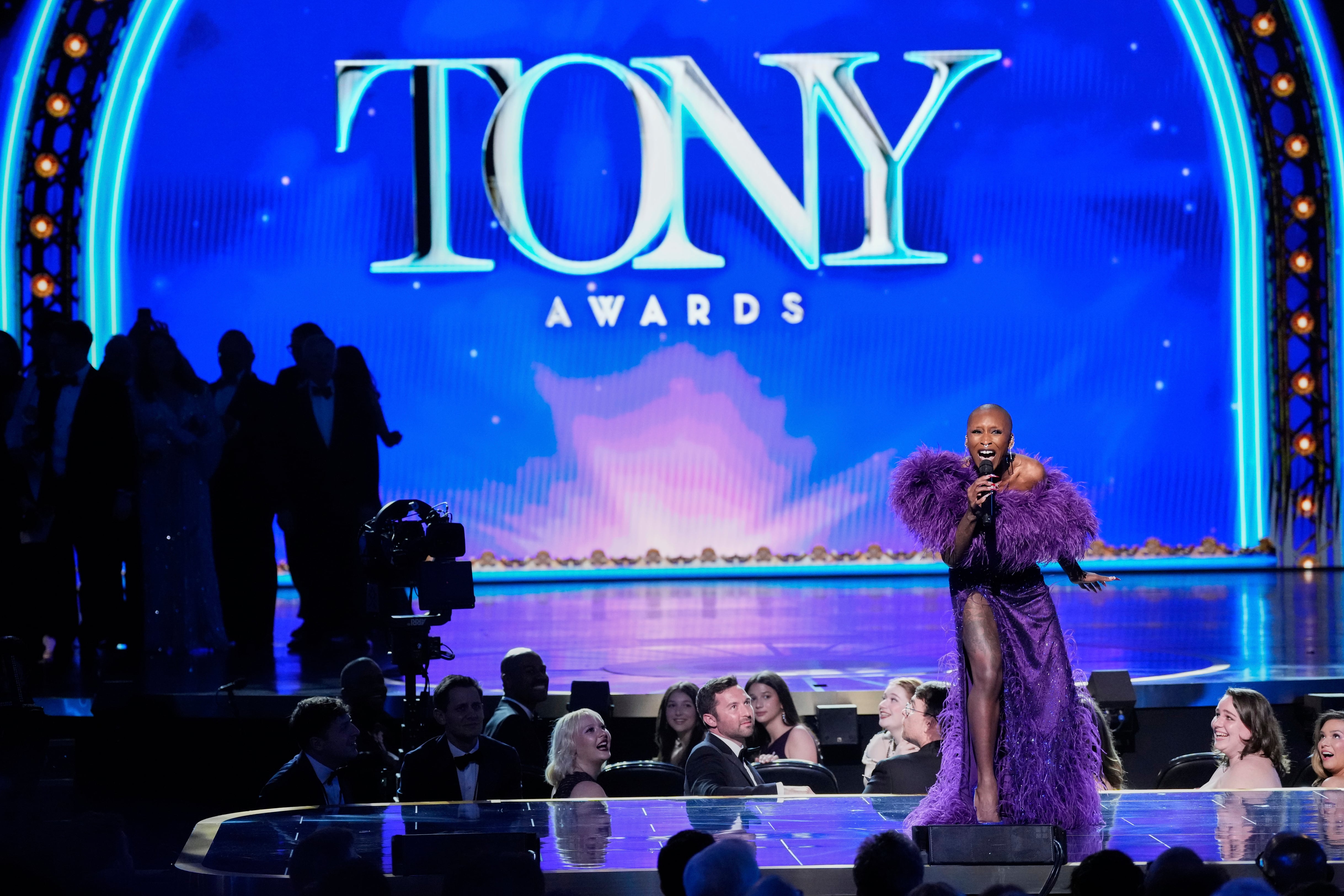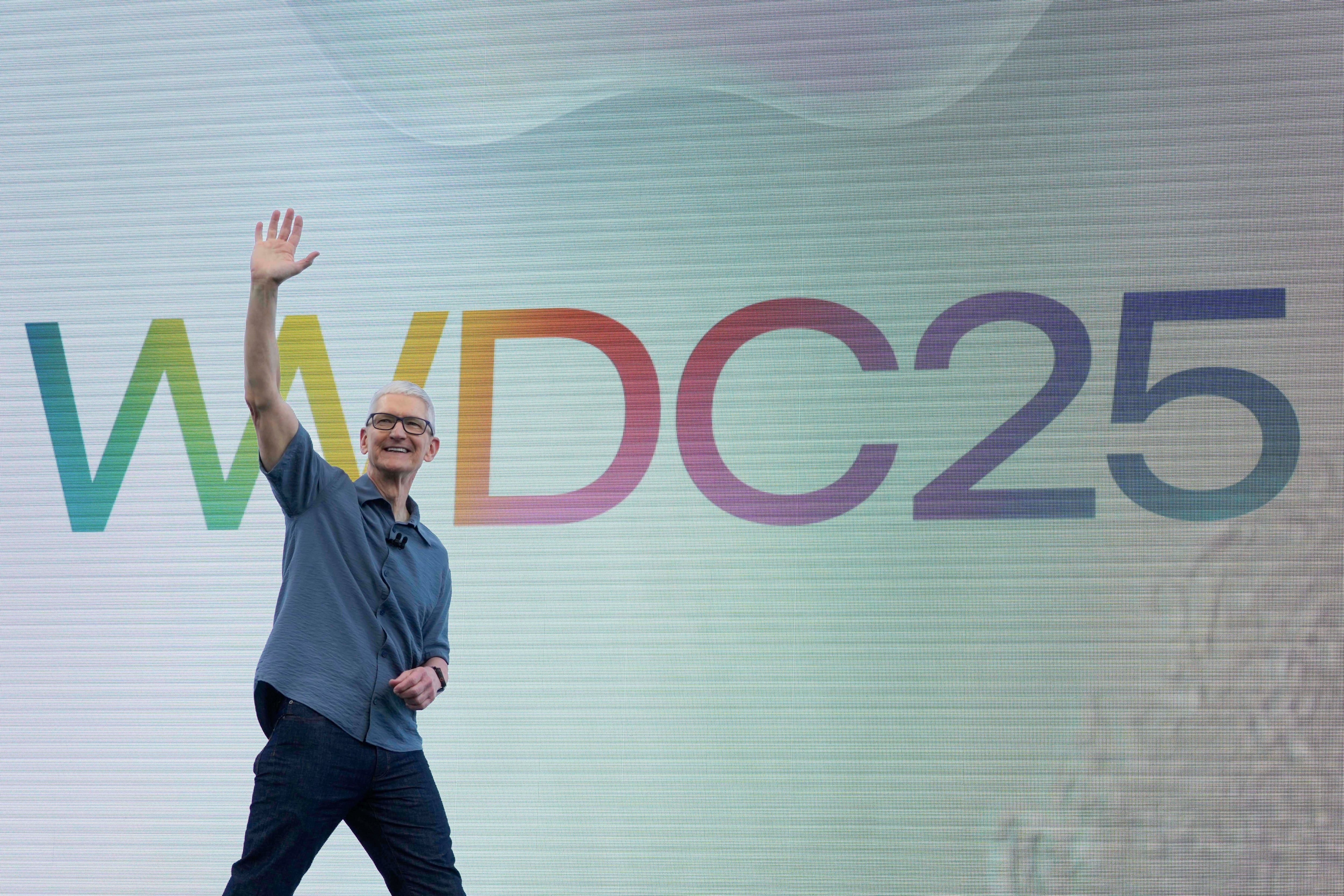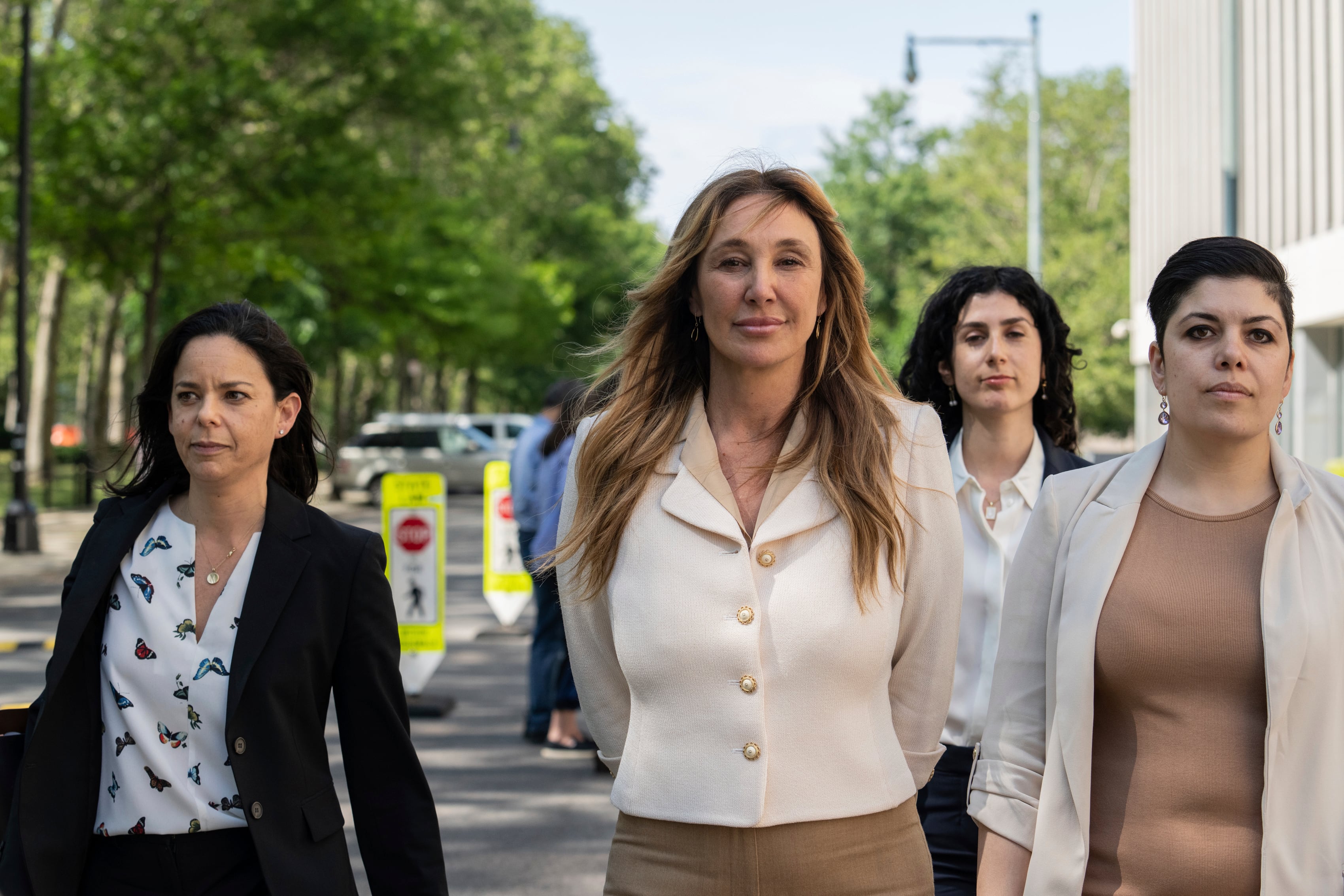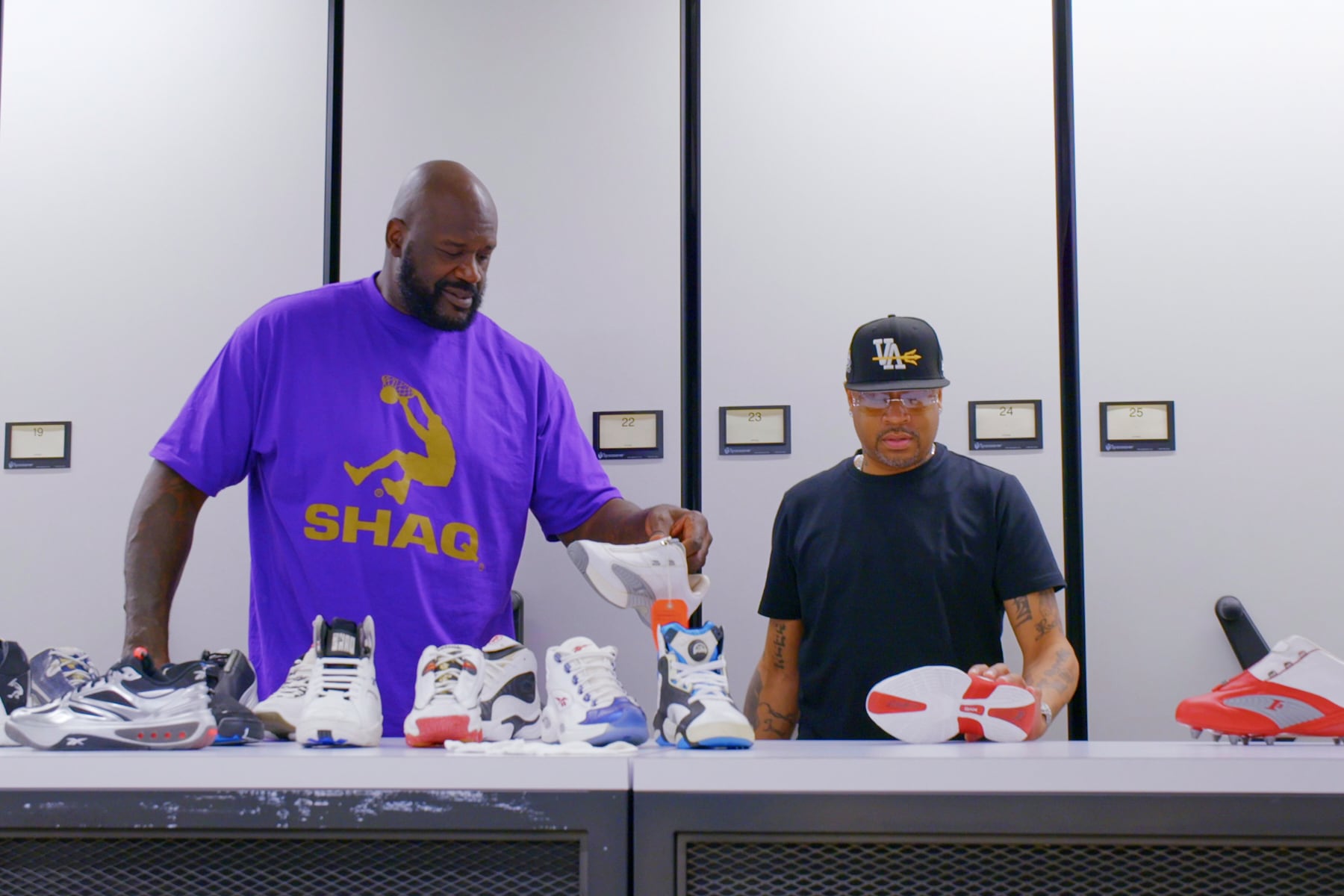Razor, the popular scooter company, is celebrating its 20th anniversary this year. The company is also expanding its footprint in the adult electric scooter market, announcing three new models in the upcoming months alongside its just-released E Prime III model. CEO and co-founder Carlton Calvin said that in addition to its fleet of electric scooters, his company is also expanding its target audience.
"We're transitioning from our electric scooters for youths into our electric scooters for adults," he added. "Razor scooters are a facet of growing up, but we've also seen a lot of growth in our adult kick scooters. As people grew up trusting Razor, they've taken those scooters onto campus."
That trust has helped guide Razor through the coronavirus pandemic. Calvin said that sales have increased substantially among both youth and adults as people look for alternative modes of transportation.
"Young people as a result of the quarantines and stay-at-home orders, but also our adult business has seen a substantial jump," the CEO explained. "Those adult electric scooters are now showing up in my top-10 items much more frequently than they used to."
He also noted that the ongoing pandemic and increase in demand for micromobility devices, such as scooters and bikes, has ramped up safety measures for riders attempting to navigate traffic on busy city streets, and that these measures are leading to increased ridership.
"I think COVID has really rapidly accelerated the creation of spaces on the public streets for people to use electric scooters and electric bikes, with the expansion of the bike lanes and getting cars out of the inner city to a far greater degree than we've seen before," according to Calvin.
In addition to city planning that involves more space for scooter and bike riders, Calvin sees other ways cities are helping keep people away from oncoming traffic. "The whole focus of keeping people safe is separating people on bikes and electric scooters from traffic. Dedicated bike lanes separated by a barrier from traffic is a huge improvement in safety."
Calvin added that Razor's biggest challenge is keeping up with demand. Scooters are all the craze during these unprecedented times and his company has not fully caught up to demand quite yet.
"Things with wheels — alternative forms of transportation — are really really driving people's imaginations right now," he said.












